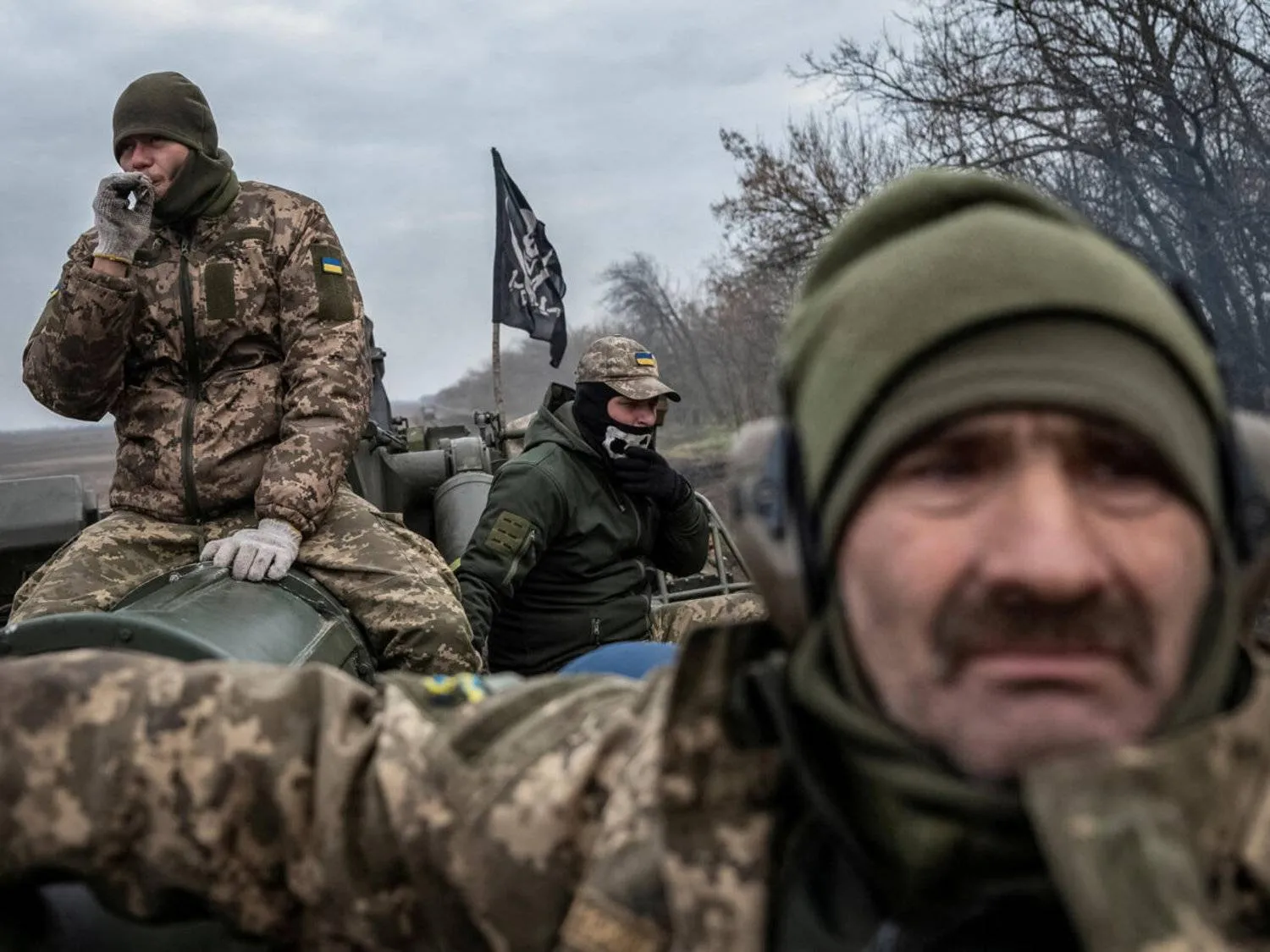Ukrainian forces say they have recaptured territory in the eastern region of Kharkiv, where Russia launched a large offensive in the spring that brought initial gains but the operation soon stalled.
Ukraine’s 3rd Separate Assault Brigade said in a statement late Thursday that its forces advanced nearly two square kilometers (about three-quarters of a square mile) in that area, The AP reported.
It was unclear when the attack was launched, its scale, and the area of the offensive, and it’s hard to predict if it will have further impact on the battlefield.
Ukraine's reported counteroffensive in the Kharkiv region comes as its forces have gained new momentum and altered the battlefield this month. Kyiv launched a shock offensive into Russia's western Kursk region on August 6, while simultaneously intensifying a drone war against military and fuel targets that sparked blazes deep in Russia this week.
On Friday some new details emerged about damage and injuries caused by some of those attacks.
A Ukrainian drone attack targeting a distant Russian air base in its Volgograd region caused significant damage to an airfield that reportedly housed glide bombs used by Moscow in the war, satellite photos analyzed Friday by The Associated Press showed.
Meanwhile, an attack on a cargo ferry at the port of Kavkaz in Russia’s Krasnodar region on Thursday injured 13 people, Russia’s state news agency Tass reported Friday. Citing health officials, Tass said that four of the injured have been hospitalized and one other person remained unaccounted for.
Ukraine's gains have reshaped the battlefield and buoyed the morale of Ukrainians 10 years after Russia first invaded their country, and 2 1/2 years after Moscow launched a full-scale invasion that has led to mass death and destruction and created Europe's largest refugee crisis since World War II.
Ukraine and its Western allies hope that the regained momentum could strengthen Kyiv's hand on the diplomatic front.
A visit to Kyiv by Indian Prime Minister Narendra Modi, who is meeting Friday with President Volodymyr Zelenskyy, is being closely watched. Modi, who has maintained cordial ties and economic relations with Russian President Vladimir Putin, could play a role in forging a mediated peace.
But the incursion into Russia itself is risky. It has highlighted Russian vulnerabilities but also further stretched Ukrainian forces, who were already fighting on a frontline running for hundreds of kilometers.
And it has possibly compromised its ability to hold back Russian forces who have slowly but steadily gained ground in the Donetsk region, diverting Ukrainian forces who otherwise could bolster defense there.
Ukraine’s 3rd Separate Assault Brigade said in a statement published late Thursday that Ukrainian soldiers also took control of an area that was held by a Russian battalion, and some strongholds.
Brigade Commander Andrii Biletskyi said that they attacked Russian troops that had superiority “and won,” adding that the ratio of forces on the battlefield was 2.5:1 in Moscow’s favor.
The Associated Press was unable to independently verify the claims, and there was no immediate comment from Russia.
Russia launched an offensive in the Kharkiv region in May that led to some gains but soon stalled. Fighting in that area has diminished as the Russian army has concentrated its efforts in Donetsk, part of the industrial Donbas region that it formally annexed but does not fully control.









